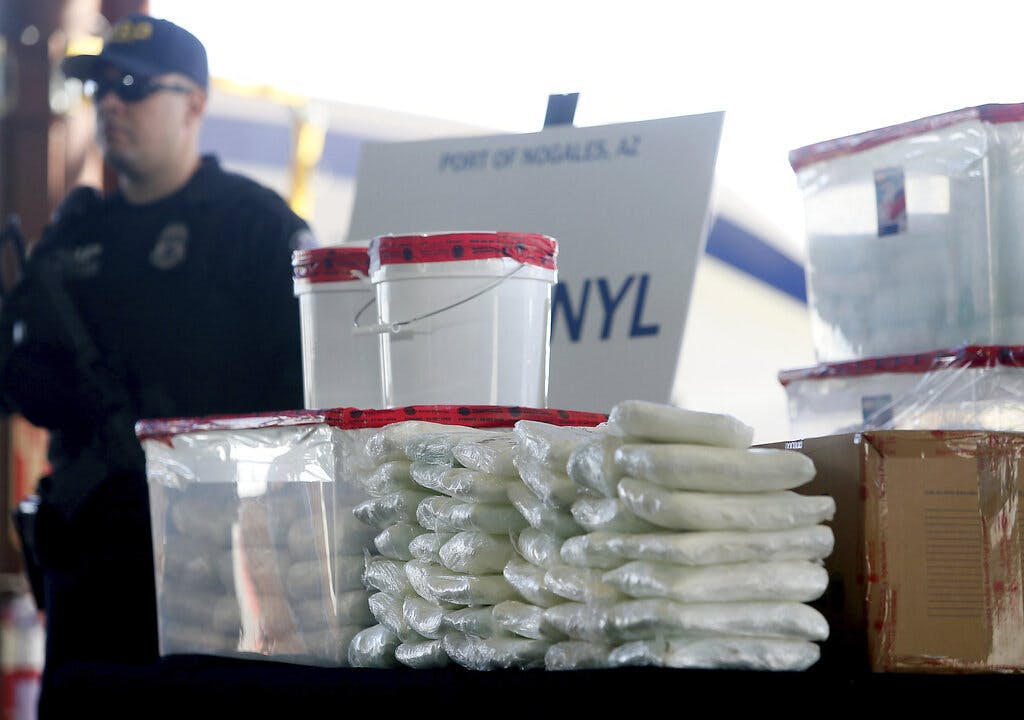
The GOP Will Beat History in the Midterms by Sticking to Its America-First Values
By LAWRENCE KUDLOW
|Nearly 2,000 people in San Francisco have died from drug overdoses since 2020, most of them from fentanyl.

Already have a subscription? Sign in to continue reading

By LAWRENCE KUDLOW
|
By MATTHEW RICE
|
$0.01/day for 60 days
Cancel anytime
By continuing you agree to our Privacy Policy and Terms of Service.
By LUKE FUNK
|